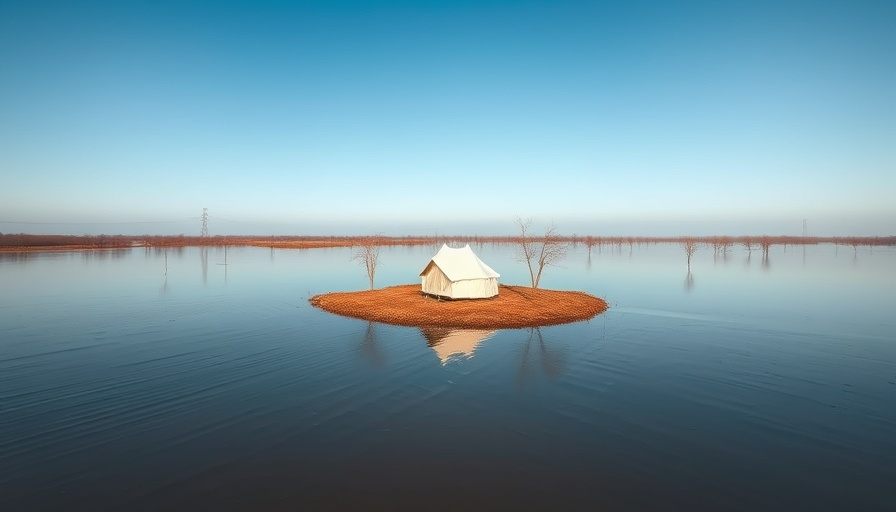
The Rising Waters: A Catastrophe Unfolded
As monsoon rains continue to batter Pakistan, the nation faces a humanitarian crisis reminiscent of prior disasters. The recent cloudbursts and flash floods in Punjab have left at least 63 dead and hundreds injured in the span of a single day. The National Disaster Management Authority has reported over 120 fatalities since the monsoon season officially began on June 26, raising alarm among government officials and humanitarian organizations alike.
Historical Context: Echoes of 2022
The scale of this crisis mirrors the devastating floods of 2022, which submerged one-third of the country and affected over 33 million people. As nature unleashes its fury, these events stir collective memories of past devastations, prompting urgent calls for improved disaster preparedness and international assistance.
Forecasting Future Challenges
Threatening forecasts indicate more intense rainfall across central and northern Pakistan in the next few days. Weather agencies warn of flood levels potentially reaching a staggering 450,000 cusecs. This situation compounds fears of glacier lake outburst floods in regions such as Khyber Pakhtunkhwa and Gilgit-Baltistan, foreseeing more destruction if preemptive measures are not taken.
A Global Response and Responsibility
In response to the unfolding disaster, the UN has activated an inter-agency monsoon contingency plan. The Office for the Coordination of Humanitarian Affairs (OCHA) is leading efforts to secure immediate aid for affected populations. However, pre-positioned supplies remain critically low, necessitating a coordinated international response if Pakistan is to navigate through this turbulent period. The vulnerability of millions underscores the need for global attention and action to address not just immediate needs, but also long-term strategies to mitigate the impact of climate change.
Conclusion: Beyond Borders
As Pakistan grapples with the massive toll of the relentless monsoons, the implications of this event extend far beyond its borders. Understanding global trends surrounding climate-related disasters reassures the interconnectedness of our ventures. It is vital to cultivate international frameworks aimed at addressing the climate crisis and its socio-economic ramifications at both local and global levels.
 Add Row
Add Row  Add
Add 


Write A Comment